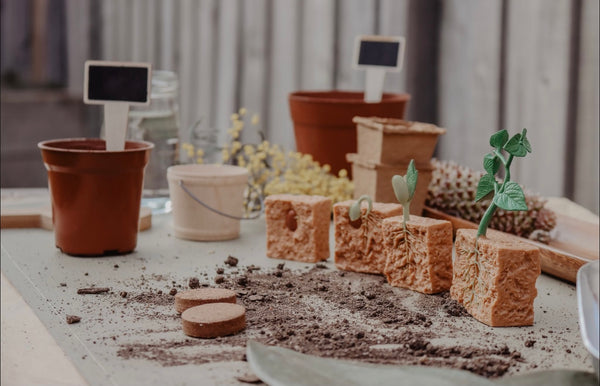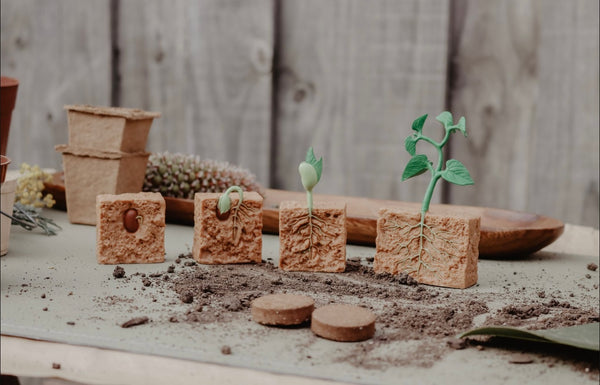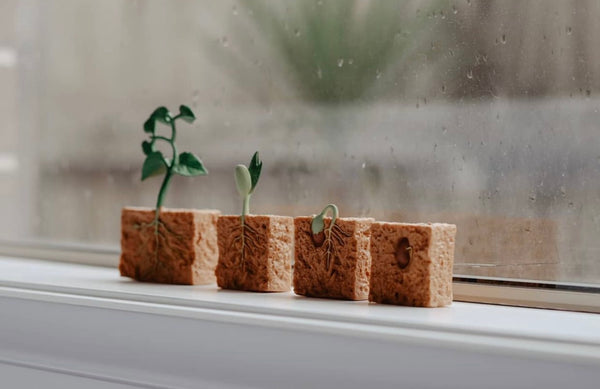Safari Ltd
Lifecycle of a green bean plant
Regular price
$22.95
Tax included.
Shipping calculated at checkout.
- A side view shows a green bean seed in the soil, followed by the germination stage, where the seed sends roots into the warm, moist soil. The plant reaches for the sun, sprouting two leaves at first, and then begins to mature into a plant capable of producing beans.
- Scientific Name: Phaseolus vulgaris
- Characteristics: From a single green bean seed sprout the roots that will seek out nutrients, followed days later by the stem and leaves that will reach toward the sun for energy.
- Size and Color: Growing in a sandy loam, the reddish-brown seed begins to take root. The stem follows, with the cycle completed by the dark green leaves. The plant is 3 ½ inches tall, about as tall as a deck of cards.
- The Life Cycle of a Green Bean Plant is part of the Safariology® collection.
- All of our products are Non-toxic and BPA free.
History
Green beans were first cultivated in Central and South America, and they were introduced to Europe by Christopher Columbus after his second trip across the Atlantic. The food is popular because it grows quickly in all types of soil and can be eaten raw or cooked. Through selective breeding and cultivation, the green bean family has expanded to over 500 cultivars. Green beans are loaded with nutrients such as vitamin A and fiber, but they’re good for the soil as well, being in the legume family of nitrogen fixers.
- Recommended Age: 4+
- Size in cm: 19.5 W x 23 H
- Size in inches: 7.68 W x 9.06 H






